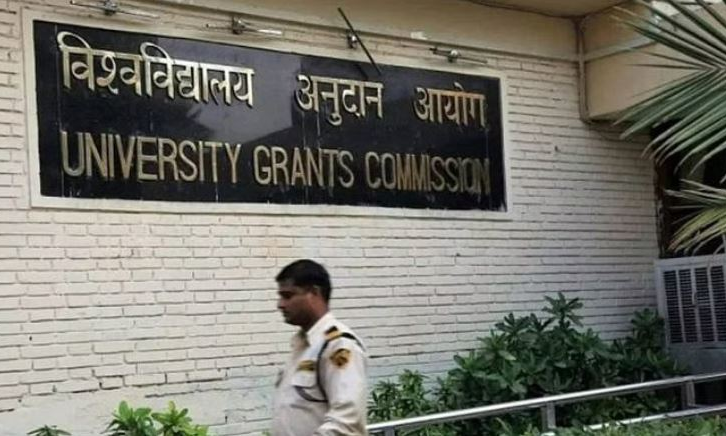DC Edit | UGC guidelines need a relook
Education ministers from six non-BJP states demand the withdrawal of UGC's draft guidelines on Vice-Chancellor appointments, citing federalism concerns;

The clamour against the new draft guidelines of the University Grants Commission (UGC) on the appointments of Vice-Chancellors in state universities has got louder with the education ministers of six non-BJP ruled states demanding its immediate withdrawal. A conclave of the ministers held in Bengaluru on Wednesday also objected to the imposition of the New Education Policy on states.
It is an unmistakable fact that the new draft guidelines are an affront to the ideas of federalism enshrined in the Constitution and even natural justice. The state universities are creatures of the state legislatures; their infrastructure is created using the money provided by the state budgets and are run on the grants provided by the state governments every year. They are the assets of the people of the states concerned.
The draft guidelines, however, seek to undermine the states’ role in the running of the universities by unilaterally stripping them of their say in the selection process of Vice-Chancellors. The selection committee of three members will be nominated by the Chancellor, the UGC and the university, with no representation from the state government, the UGC guidelines say, making a mockery of the established procedure for no worthy reason.
The fact is that the UGC guidelines, a piece of subordinate legislation, get precedence over the state’s laws on a subject which the Constitution framers put in the State List of the Constitution but was later moved to the Concurrent List. The government is misinterpreting its power for “the co-ordination and determination of standards in universities” to take over their administration even while regulation of the universities’ remains on the State List.
The states are also concerned with one too many recommendations in the draft guidelines which do away with several established norms with respect to eligibility for university appointments. The UGC chairman is on record saying that the body will welcome all kinds of opinions on its proposals. The Union government must prevail over the UGC and ensure that the voice of dissent is given due consideration before it comes out with the final document.

